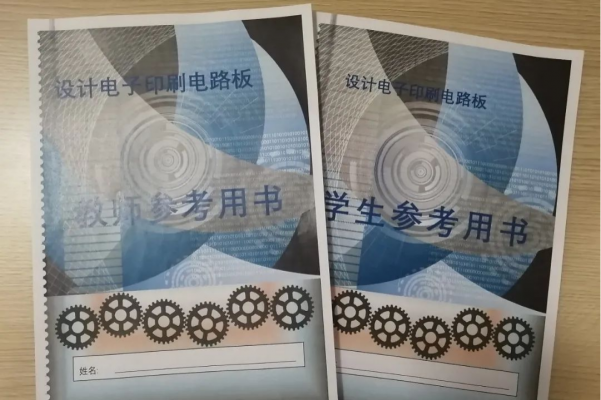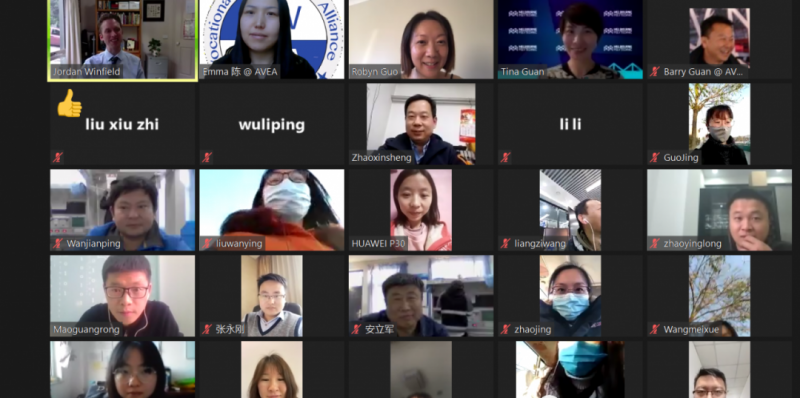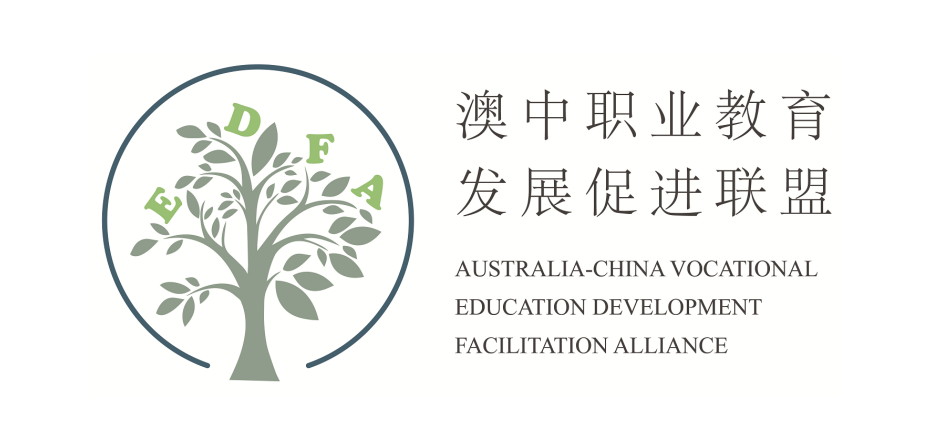In order to thoroughly implement “National Vocational Education Reform Plan”, reinforce the construction of high-level majors of Beijing Electronic Information Technical College, continue the reform of the vocational curriculum and teaching methods, accelerate the process of internationalization of talent training, expand the international influence and level of schooling, the college cooperated with Australia Vocational Education Alliance (AVEA) and Melbourne Polytechnic (MP) to bring in curriculum standards and teaching resources of 3 courses in electronic technology area, aiming to enhance global literacy and cross-cultural competency.
International education exchanges have been restricted due to the pandemic, so the imported courses become an effective model for promoting the internationalization of vocational education based on its specific advantages, such as “local adaptation”, “for all students”, “global literacy improvement”, etc. By creating a learning environment centered on imported courses, students are able to learn about the world in a more convenient and economic way, which enables the college to develop international talents in their own campus.
Ⅰ. Implementation
(1) Australian TAFE standards and resource
✦Area: Electronic Technology
✦Course: “Design Electronic Printed Circuit Boards”, “Develop and Test Code for Microcontroller Devices”, “Develop engineering solutions to analogue electronic problems”
✦Language: English and Chinese
✦Content: Original and translated curriculum standards and resources of 3 TAFE courses

(2) TAFE Training Strategy
To promote the implementation of localization for imported courses, improve the ability of teachers form electronic technology area, the college has also organized training for teachers who will teach the 3 courses in the future. Australian competency-based training and assessment enables teachers to further update their educational concept, improve their teaching method and expand their knowledge structure. Furthermore, the college cultivates professional teachers with an international perspective, guides them to learn from practice and process from reflection, which enhances the whole levels of internationalization and professionalism
The training adopts blended training mode of “live lectures + online studying”. It is conducted in English by advanced expert from Australia, interpreted by professional interpreter with NATTI certificate and assisted by AVEA teams, including sessions, discussions, Q&A, tests, assignments, assessments, etc. A specific team is also set up to prepare, implement, track and monitor in the whole process, to maintain an effective way of communication with the college, so as to make flexible adjustment according to the feedback to achieve the final goals.

Ⅱ. Continuance Guidance
In order to further consolidate the achievements of imported courses in electronic technology area, guide teachers to localize and integrate the international resources, the college invited an expert to hold three lectures about the 3 imported courses, “Design Electronic Printed Circuit Boards”, “Develop and Test Code for Microcontroller Devices”, “Develop engineering solutions to analogue electronic problems” from 26th of July to 28th, and provide professional guidance on curriculum design, teaching strategies, assessment and the implementation of related practical class.
Ⅲ. Conclusion
Beijing Electronic Information Technical College actively introduces international high-quality education resources, devoting to cultivate technical talents with international vision. The college pays attention to the study and reference of advanced concepts and methods, organizes online lectures by international experts to provide guidance on teaching methods, local adaption, practical sessions, which promotes the cooperation and exchange between Chinese and foreign teachers, and ensures the integration and implementation of the imported courses.
The imported courses are beneficial for both students and teachers on international horizon, advanced teaching concept and resources. it is conductive to the construction and improvement of college database, curriculum reform, training and assessment, which has raised the level and sophistication of the internationalization of the college.


 简体中文
简体中文